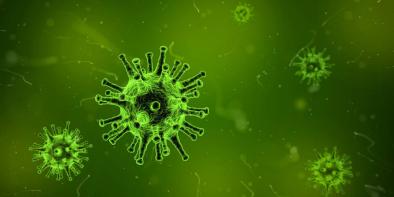Science Source
Estimating Causal Effects of Long-Term PM2.5 Exposure on Mortality in New Jersey
- Estimates the causal effects of long-term PM2.5 effect on mortality and tested the effect modifications by seasonal temperatures, census-tract-level socio-economic variables, and county-level health conditions
- Specifically, estimates the association between long-term exposure to PM2.5 and mortality controlling for geographical differences using dummy variables for each census tract in New Jersey, a state-wide time trend using dummy variables for each year from 2004 to 2009, and mean summer and winter temperatures for each tract in each year
- Finds—for each interquartile range (2 µg/m3 ) increase in annual PM2.5—there was a 3.0% (95% confidence interval: 0.2, 5.9%) increase in all natural cause mortality for the whole population, with similar results for people older than 65 [3.5% (0.1, 6.9%)] and people 65 or younger [3.1% (-1.8, 8.2%)]
- Finds mean summer temperature and mean winter temperature in a census tract significantly modified the effect of long-term exposure to PM2.5 on mortality
- Observes a higher percentage increase in mortality associated with PM2.5 in census tracts with more blacks, lower home value, or lower median income
- Identifies a causal effect of long-term PM2.5 on mortality which is modified by seasonal temperatures and ecological socio-economic status under the assumption of the difference-in-differences approach
Related Content
Science Source
| The Lancet - Planetary Health
Temperature-related changes in airborne allergenic pollen abundance and seasonality across the northern hemisphere: a retrospective data analysis
Lewis H Ziska, László Makra, Susan K Harry et al
Science Source
| Proceedings of the National Academy of Sciences
The Changing Risk and Burden of Wildfire in the US
Marshall, Burke, Anne Driscoll et al
Science Source
| Proceedings of the National Academy of Sciences
Anthropogenic climate change is worsening North American pollen seasons
William R. L. Anderegg, John T. Abatzoglou, Leander D. L. Anderegg et al
Headline

Dec 16, 2019 | Princeton University
Climate change could make RSV respiratory infection outbreaks less severe, more common


